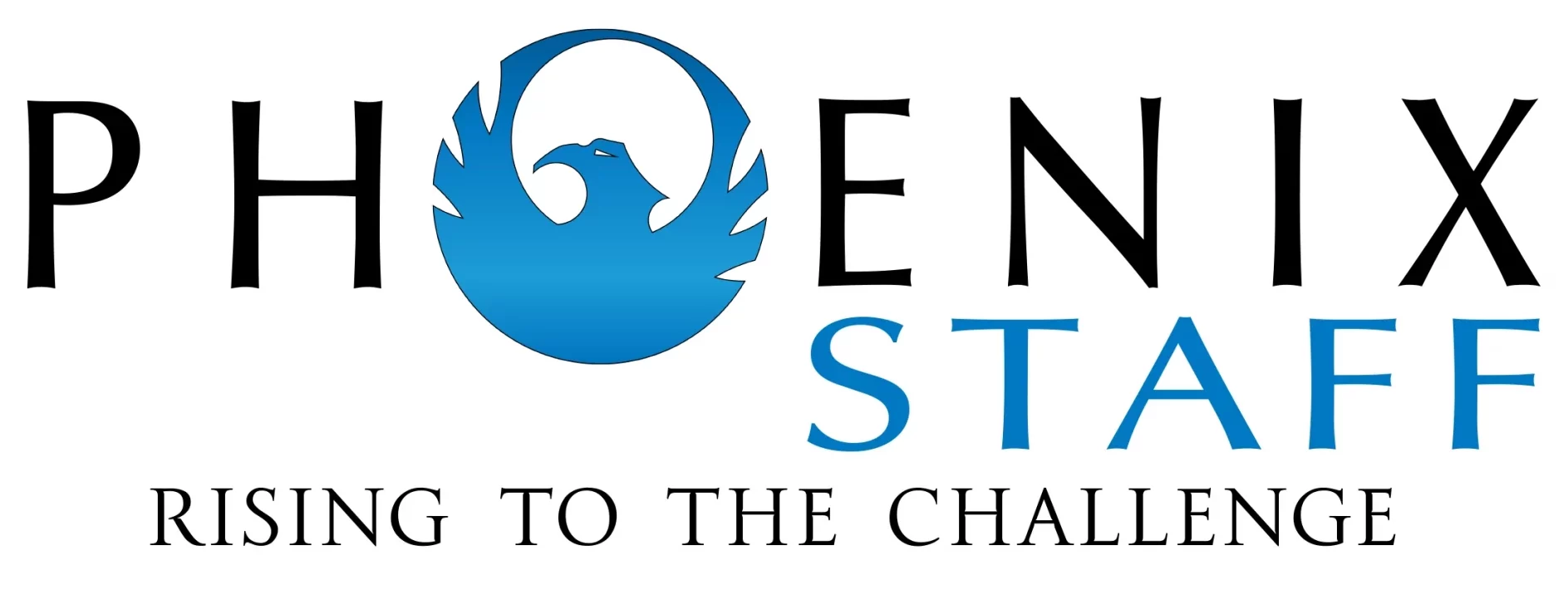I spoke with someone today who made a comment that I have heard often in the past few months, “Had I focused on their resume, I likely wouldn’t have met them and never would have ultimately hired them.” This is a challenge on a couple of fronts. First, people are still struggling writing their resumes in a compelling enough way to get noticed – more on this in a later post. Second, hiring managers still have blinders on when it comes to resumes. They have a tough time seeing beyond what is said or at least seeing more to what is there than what the prospect has written or decided to expand on. This is very easy for someone who looks at resumes for a living to say, I get it, but let’s cover a few things that may help you with your reluctance.
My #1 suggestion to people who think they may be missing something in a person’s resume or just aren’t quite sure if the person really does align – call them and ask them. I am surprised at how many people over the years I have been convinced to meet in-person because I was convinced in that initial call that they truly were worth my time. When we got to talking, I was able to fill in some of the gaps left by their lack of resume writing ability and ask them questions that pertained very directly to my open role and how they could fill it. Had I not called, there is no telling how many people I would have dismissed. It’s worth noting that I have also called people who have a perfect resume and completely blew me away with how not qualified they were for the role when I called them. Point being, resumes only tell a very small part of the story!
Second suggestion – if you are reluctant to call, send the candidate an email with a short list of questions and see how they respond or “if” they respond. One of my very favorite hires of late fell into this category. She was very clearly overqualified for the role that I had posted and I replied to her with that in mind. She rebutted, saying that not only did she feel that she was not overqualified since she didn’t have the specific industry experience I was looking for, but that in each role she has held, she started at the bottom and worked her way up. She fully expected to do the same in this situation given that chance. Also, she replied within minutes of me reaching out to her on her submission showing a serious level of interest and a commitment to move the process forward – not something I see every day. She was hired!
Third, if you are an internal recruiter or work for an HR Department, you likely have resources that screen people out – go through those and make sure your “automated” systems are catching the right people and not discarding the wrong people. I hate to hear people say “this job was written with me in mind” as much as the next recruiter – it’s a tired and old saying and people should cease immediately, but what if it actually was written for them? What if you really do have someone in your ATS or stack of resumes who truly is a perfect match, but just didn’t know that your ATS read dot-net rather than .NET or the potential candidate has a C.P.A. instead of a CPA? Yeah, typos on resumes can be a huge red flag, but are you really going to toss a great candidate to the side because of this? In today’s hiring climate?
Fourth, follow-up with people who apply. It is my ultimate goal to do this and it is an insanely difficult commitment to keep. For those who have recently applied – send me a note if you haven’t heard back from me or someone in the company. It is something that I take very seriously and I know my team does as well. Not just when it is a “candidate’s market” or a”client’s market”, but in every market, we should show the courtesy of a response. Yes, even if the response is automated, it is a response – the auto-response should give some direction as to next steps or a contact name or number. See if the candidate takes the initiative to pick that up and do something about it. Wouldn’t you rather have someone call you who is eager and great at what they do than to lose them because you didn’t take the time to send a reply of any sort?
Finally, if you are the candidate who falls into any of these categories – here are point by point what you need to do:
- Know who you are applying to, please. Keep track of who, what, when, and where you applied. When you get a call back, you should know the role, the company (if listed) and why you thought you fit the role in the first place. If you aren’t prepared to answer a few basic questions about why you should have the job that this person is calling you about, you may simply not be the right person
- When you receive an email about a job you applied for with questions – reply to it – quickly. Do your best to address the questions head-on and try to schedule a time to go in greater depth over the phone or in-person. Don’t assume the email was sent to everyone who applied, assume only you received it (you may very well have) and that this is your chance to get to the next step
- Read the job description and be 100% certain that the way it is written in that is the way you wrote it in your resume – even if theirs is wrong! Just write it twice and say, “I believe you meant blah, but you say bleh, so I wrote it that way too”. If you are applying to an automated system, it will not catch it if you have it one way and they have it another. Stinks, I know.
- Follow-up when you apply. Especially if the role was “written specifically for you”, be certain that you follow-up by phone or email or somehow. If you are waiting for them to call or email you, there is a high likelihood you will be waiting forever. If your resume is currently your only option for getting your foot in the door – give yourself at least one more option and pick up the phone.
This is indeed what I call a “candidate’s market” and candidate’s should definitely start to feel (if they haven’t already) that they are in demand. This doesn’t mean at all that you can take things for granted. If you want a specific job or to work for a specific company, you still need to go after it. What it does mean is that it will definitely shift back the other way at some point in time. Get good at these things and you can weather it on either side.

